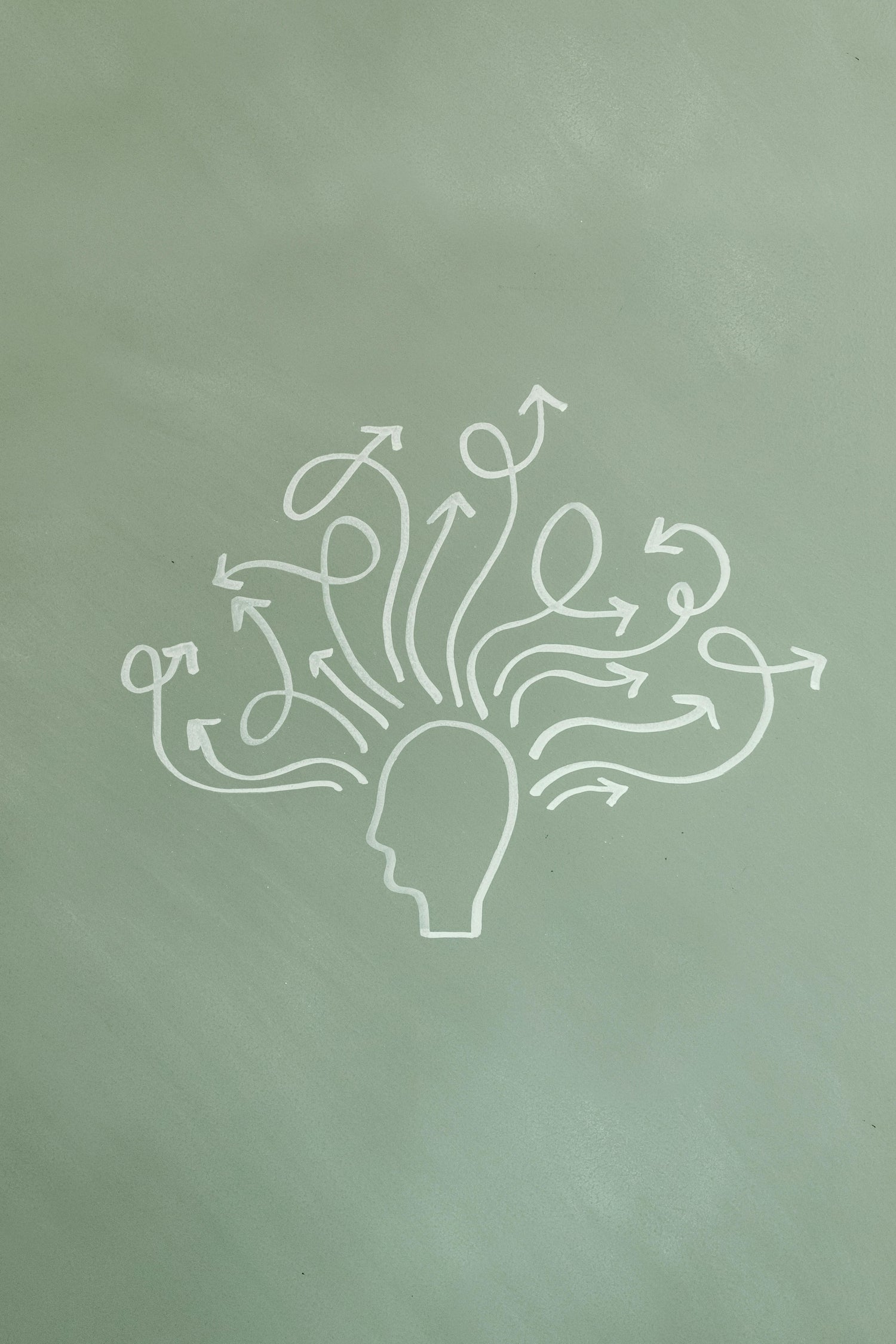Most people think creatine is just for bodybuilders—but the science says it’s one of the most powerful tools for your brain, muscles, and overall energy.
Creatine is one of the most researched and trusted supplements in the health and performance world. While it’s best known for increasing strength and muscle mass, creatine’s benefits go far beyond the gym. It supports brain function, cellular energy production, recovery, and even emotional resilience.
💪 Physical Performance: Strength, Power & Recovery
Creatine monohydrate works by increasing the body’s stored phosphocreatine, which is used to quickly regenerate ATP—the primary fuel source for short, explosive movement.
Proven benefits include:
- Increased strength and power output
- Enhanced muscle growth
- Reduced time to exhaustion during high-intensity efforts
- Faster recovery between sets and training sessions
In a meta-analysis of resistance training trials, creatine users showed significantly greater gains in muscle strength and mass than those using placebo (PubMed).
It’s particularly effective for:
- Weight training
- Sprint-based sports
- HIIT and functional fitness
- Injury rehabilitation
🧠 Cognitive Benefits: Brain Energy & Focus
What many people don’t realize is that the brain consumes massive amounts of energy—especially during stress, problem-solving, or sleep deprivation.
Creatine supports the brain’s ATP production, leading to:
- Improved working memory and mental clarity
- Reduced mental fatigue
- Better focus and reaction time
- Cognitive protection under stress or sleep loss
In one study, sleep-deprived participants who took creatine showed better cognitive performance and mood stability compared to placebo (PubMed).
This makes creatine especially valuable for:
- Students
- Entrepreneurs
- Athletes
- Anyone under high mental or emotional load
🔄 Creatine + Brain Health: Long-Term Protection
Emerging research suggests creatine may support neurological health long-term by:
- Reducing oxidative stress
- Supporting mitochondrial function
- Potentially slowing cognitive decline in aging populations
While more research is needed in neurodegenerative disease prevention, current data shows strong promise.
🧘♂️ Mood, Motivation & Mental Resilience
Creatine may also have subtle effects on mental well-being. By supporting brain energy metabolism, it helps regulate dopamine and serotonin activity—two neurotransmitters tied to motivation and emotional regulation.
Some studies have shown creatine may:
- Improve mood in individuals with depression
- Support motivation in fatigued or overtrained individuals
- Help regulate stress-induced cognitive decline
💡 Creatine Myths Debunked
- “Creatine causes bloating or water retention.” → This only happens inside muscle cells (where it’s beneficial). No general bloating.
- “It’s bad for your kidneys.” → Numerous long-term studies show creatine is safe in healthy individuals at recommended doses.
- “Only athletes need it.” → Everyone benefits from improved energy metabolism and brain function.
Conclusion:
Creatine isn’t just for muscle. It’s one of the most affordable, well-researched, and impactful supplements for both the brain and body. Whether you’re lifting weights, managing brain fog, or simply trying to function at a higher level every day—creatine belongs in your stack.
If you haven’t already added this foundational supplement to your wellness routine, now might be the time to do it.


